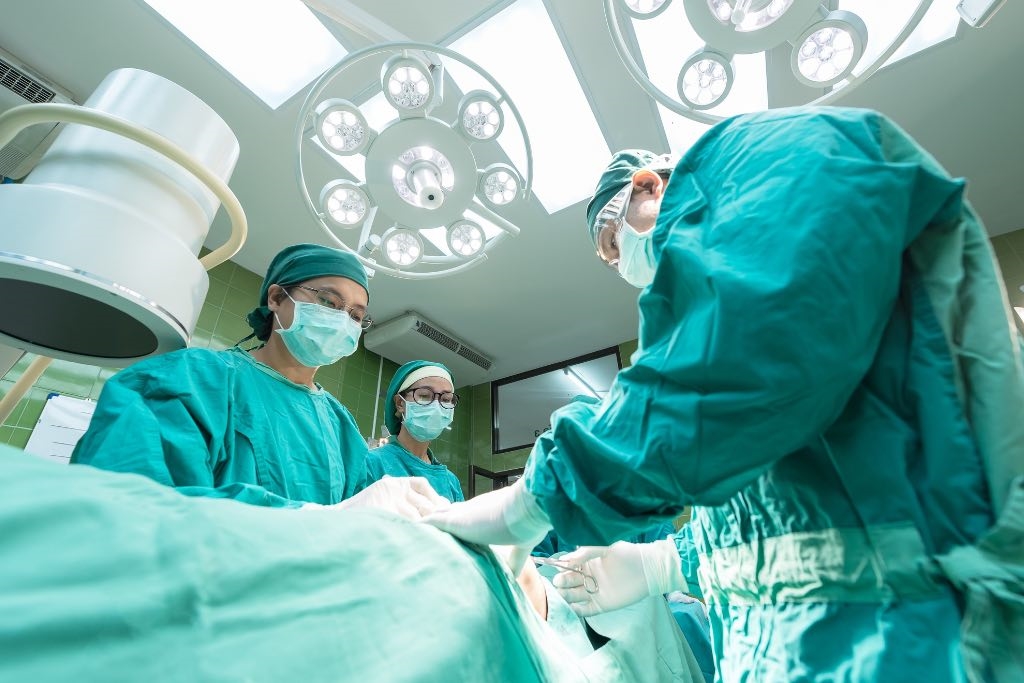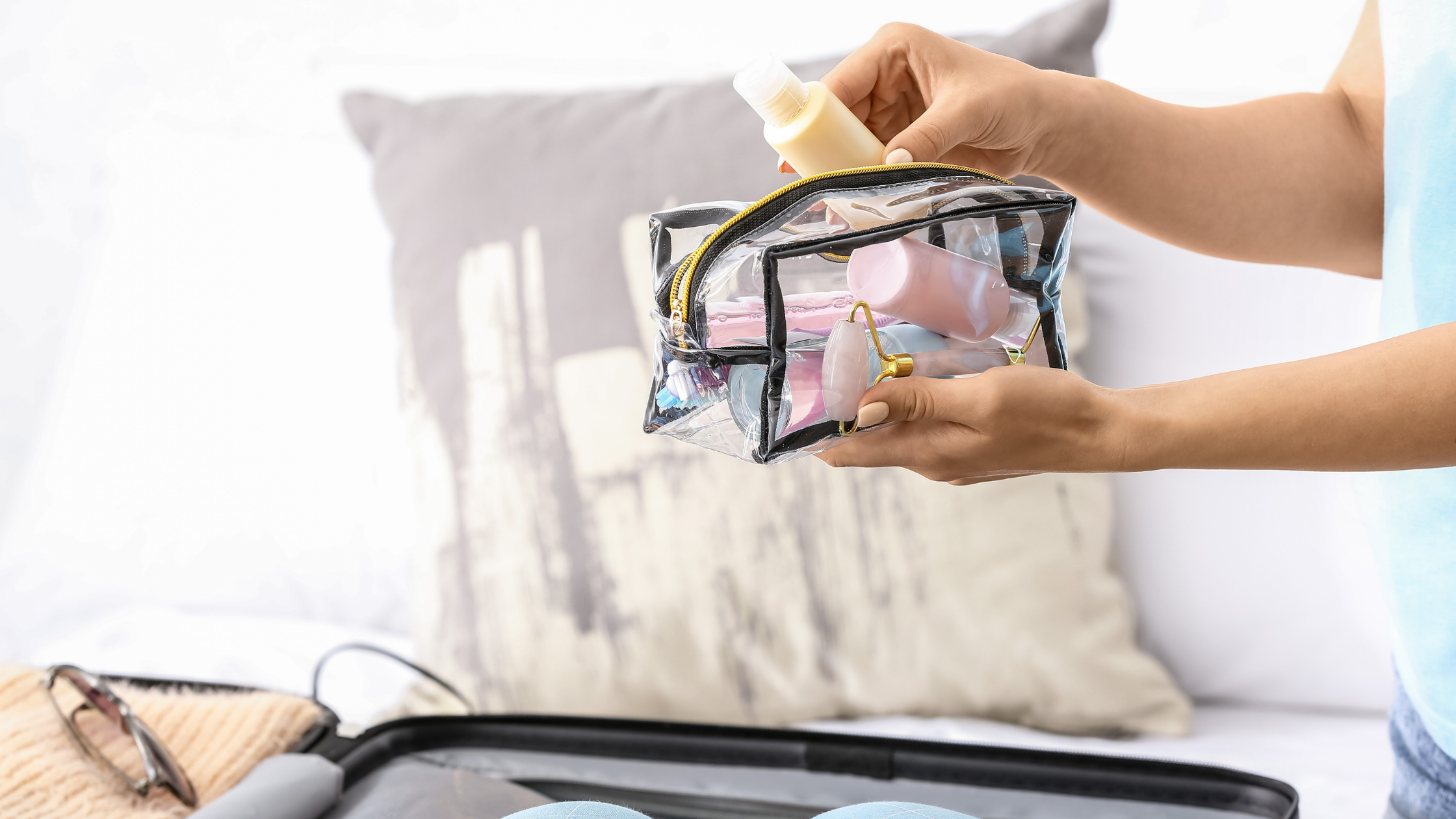At Pall Mall, we understand that considering cosmetic surgery naturally comes with lots of questions and some of the most commonly asked are about aftercare and what you can and can’t do following your procedure.
We asked our Lead Nurse, Maxine to compile a list of the ten most frequently asked aftercare questions. If you do go ahead with surgery, it’s imperative that you follow the aftercare advice to the letter, as it will assist your recovery and make sure you get the best possible outcome from your procedure.
1. When can I get a shower after my procedure?
You shouldn’t shower until your nurse advises you to do so. It’s really important not to get your incisions and dressings wet during the first couple of weeks. Run yourself a shallow bath or use a flannel or wipes to wash your body avoiding your wounds. Don’t worry if you get your incisions slightly wet but try to make sure that they’re not submerged in water until they’re fully healed.
2. When can I go to the gym/swimming?
While specific instructions regarding returning to physical activity will differ depending on the surgery you’ve had, we advise patients to start slowly. You should expect it to take 6 -8 weeks before you can return to your pre- procedure workout activities. We recommend that you slowly increase the intensity of the activity – so if you want to build up to running you should start by walking first.
We advise patients to limit their physical activity to low impact exercises during the initial recovery period (1-3 weeks). Walking, stretching, and light yoga are great ways to improve blood circulation which speeds up the healing process and also reduces the chances of complications (such as clot formation). With regards to breast surgery, you should treat each breast as a different operation as they will heal differently and at separate times. It’s recommended that you should avoid upper body exercise and swimming for longer periods following this procedure.
3. When can I fly?
This is determined by the procedure that you’ve had. Ideally you shouldn’t fly after cosmetic surgery for at least 4-6 weeks or until your scars are fully healed. Once you’ve been discharged, which is usually 6 weeks post-op, you can start to think about flying again.
Flying is generally considered one of the safest methods of travel, but it can pose health risks even if you aren’t recovering from surgery. These risks are heightened during your recovery period.
Clotting is a particularly concerning risk for patients following surgery as it can develop into deep vein thrombosis. Deep vein thrombosis, or DVT, is a clot that forms in the deeper veins. The clot can become quite large over time when it hasn’t been detected. Eventually, the clot can become large enough that smaller pieces break off and begin moving through the blood stream, which can lead to very serious complications including a stroke. This is why a DVT is taken so seriously.
4. When can I take my bandages off?
Your nurse or surgeon will remove your bandages at your post-op appointments. It’s important that you don’t remove any bandages yourself, even if you’re tempted to! You must wait until your pre-op appointments where they can be removed safely by your nurse. It’s imperative that you follow all of the advice given to you by your nurse or surgeon.
5. When can I drive?
We advise patients not to drive unless they can perform an emergency stop. We also recommend informing your insurance company about your operation. Some companies won’t insure drivers for a number of weeks following surgery, so it’s important to check what your policy says. Driving too soon may invalidate your insurance cover. Policy restrictions range from 24 hours to 1 month for classes within the minor classification category, which cosmetic procedures fall into.
6. When can I use sun beds?
Although we strongly suggest that you shouldn’t use sun beds at any point, this is one of the questions we get time and time again. You will need to keep your incisions out of direct sunlight for six months to a year after surgery. If you burn your scars, they won’t return to their normal colour. Scars take about one year to mature, so it’s really important to cover them up! When it comes to breast surgery, the skin on your breasts will also stretch out and heal before your scars do, so if you start tanning again you need to cover the scars with plasters, not just sunblock.
7. When can I get a spray tan?
Patients frequently ask if it’s okay to have a spray tan on incision lines after having breast or body contouring surgery as they think that it will help to reduce the visibility of their scars. However it can actually make the scars more visible. We would advise patients to wait for at least 6 weeks or until their scars have healed before booking in for a spray tan. There are also a number of other risks associated with having a spray tan too early in the recovery process. This is because wound healing requires avoiding dangerous bacteria and chemicals (which can be found in spray tanning products) as well as keeping the sutured area clean and dry. Scar formation means not doing anything that will put your incisions at risk of poor healing. Subjecting your maturing scars to spray tanning chemicals can do just that – it can worsen your scars in the long term as well as impede your healing. You must be patient.
8. When will I be able to go back to work?
Returning to work after surgery depends on the surgery you’ve had. Your nurse or surgeon will recommend how long you should be off work for following your cosmetic surgery. The answer very much depends on you – your physiology and how well your body heals.
To give yourself the best chance of a speedy and smooth recovery, it’s a good idea to think ahead and have plans in place so that you can relax and take it easy, allowing your body to get back to normal as quickly as possible.
It’s also a good idea to discuss your surgery with your employer so that they can accommodate your needs after surgery. You are advised to avoid heavy lifting and strenuous exercise for up to 8 weeks after surgery. If your job is particularly physically demanding or involves heavy lifting, ask for adjustments so you can continue working without causing yourself pain or injury.
9. How long will my scars take to heal?
There are four distinct stages to healing and your scar will look different at each stage.
Stage one: Haemostasis
During this stage blood rushes to the site of the wound and clotting occurs to stop the bleeding. This process begins immediately.
Stage two: Inflammation
Once haemostasis is achieved (usually within a few minutes) cells are sent to repair the wound. The wound heats up, pain increases and the redness spreads. This can persist up to around day four. The wound at this point will look red and swollen.
Stage three: Proliferation
At this stage the tissue around the wound contracts, drawing the wound smaller and closing the skin. This usually occurs from around day four up to day 21. The scar will become thicker and will contract – it will still look red.
Stage four: Remodelling
After around 21 days, the deeper structures begin to form, giving the wound tensile strength. This process can continue for around two years. It’s during this time that problems with the scar can occur and leave you with more severe scarring in the longer term which is why it’s so important to follow all of the aftercare advice. The scar will change to a thin, flat, white scar during this stage and over the course of time, the scars will usually fade and become barely noticeable.
10. When will I be able to see my final result?
It typically takes up to a year to see the final results of your cosmetic surgery due to the healing process. Everybody’s body heals differently and at a different pace. You should not compare yourself to other people who’ve had cosmetic surgery. However, depending on your surgery your healing time will differ. For example, the final result of a face lift cannot be judged until 9 months to a year post-op. Whereas, the final results of otoplasty can be seen in just a few weeks.







